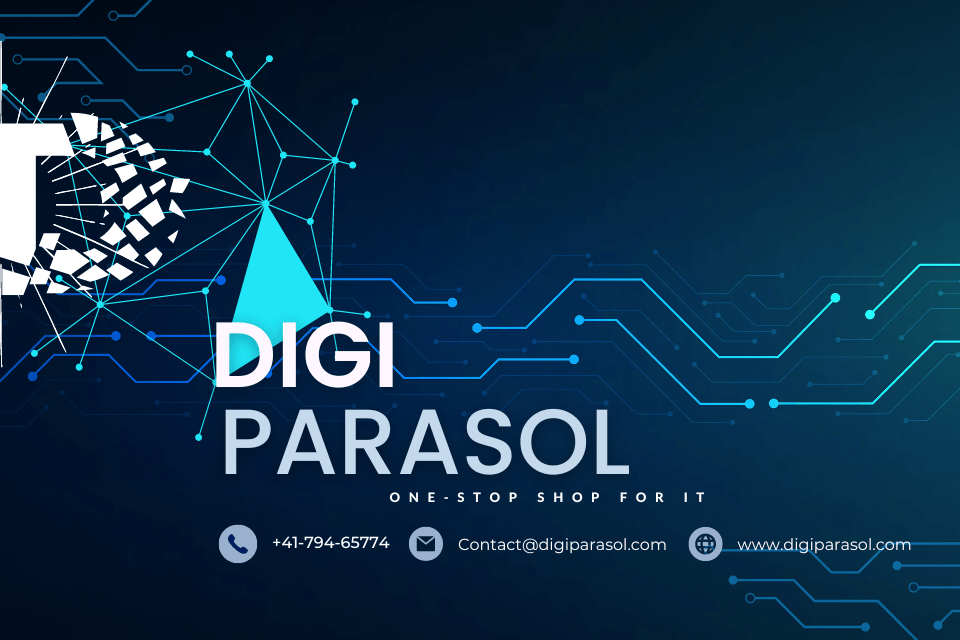Introduction
Artificial intelligence (AI) has revolutionized the way businesses operate, and digital marketing is no exception. AI innovations in digital marketing have completely transformed customer engagement strategies, allowing companies to personalize marketing efforts, predict consumer behavior, and enhance the overall customer experience. In this article, we will explore the various ways AI is changing the landscape of digital marketing and how businesses can leverage these innovations to improve customer engagement.
Personalized Marketing
One of the most significant benefits of AI in digital marketing is the ability to deliver personalized marketing campaigns to consumers. AI algorithms can analyze massive amounts of consumer data, such as browsing history, purchase behavior, and social media interactions to create highly targeted advertising campaigns. By understanding each consumer’s preferences and interests, companies can deliver more relevant content, resulting in higher conversion rates and increased customer engagement.
For example, AI-powered chatbots can interact with customers in real-time, providing personalized product recommendations and answering questions based on the customer’s previous interactions. This level of personalization not only improves the customer experience but also fosters brand loyalty and repeat business.
Predictive Analytics
AI technologies also enable companies to predict consumer behavior and anticipate their needs. By analyzing historical data and identifying patterns and trends, AI algorithms can forecast future trends and preferences, allowing businesses to adjust their marketing strategies accordingly. Predictive analytics can help companies optimize their marketing campaigns, target the right audience, and allocate resources more efficiently.
For instance, AI algorithms can analyze customer data to predict when a customer is likely to make a purchase and send targeted promotions or discounts at the right time. By leveraging predictive analytics, companies can increase sales, reduce churn, and improve customer satisfaction.
Enhanced Customer Experience
AI technologies have also transformed the customer experience by providing personalized and interactive solutions. Virtual assistants, chatbots, and voice-activated devices powered by AI can engage with customers in a conversational manner, providing immediate assistance and guidance. These AI-powered tools can answer customer queries, recommend products, and even process orders, enhancing the overall customer experience.
For example, companies like Sephora and Starbucks have integrated AI-powered chatbots into their customer service channels, allowing customers to receive personalized recommendations and assistance in real-time. This level of interactivity not only improves customer satisfaction but also streamlines the customer service process, saving time and resources for the company.
AI Innovations in Social Media Marketing
Social media platforms have become essential channels for businesses to engage with customers and promote their products and services. AI innovations in social media marketing have revolutionized the way companies reach and engage with their target audience. AI algorithms can analyze social media data, such as user interactions, preferences, and behavior, to create personalized marketing campaigns that resonate with consumers.
For instance, AI-powered tools can analyze social media conversations to identify trends and sentiment, allowing companies to adjust their marketing strategies accordingly. AI algorithms can also auto-generate content, schedule posts, and analyze engagement metrics, saving time and resources for marketing teams.
Conclusion
AI innovations in digital marketing have transformed the way businesses engage with customers, allowing companies to deliver personalized marketing campaigns, predict consumer behavior, and enhance the overall customer experience. By leveraging AI technologies, companies can improve customer engagement, increase sales, and foster brand loyalty. As AI continues to evolve, businesses must adapt and embrace these innovations to stay competitive in today’s digital landscape.


